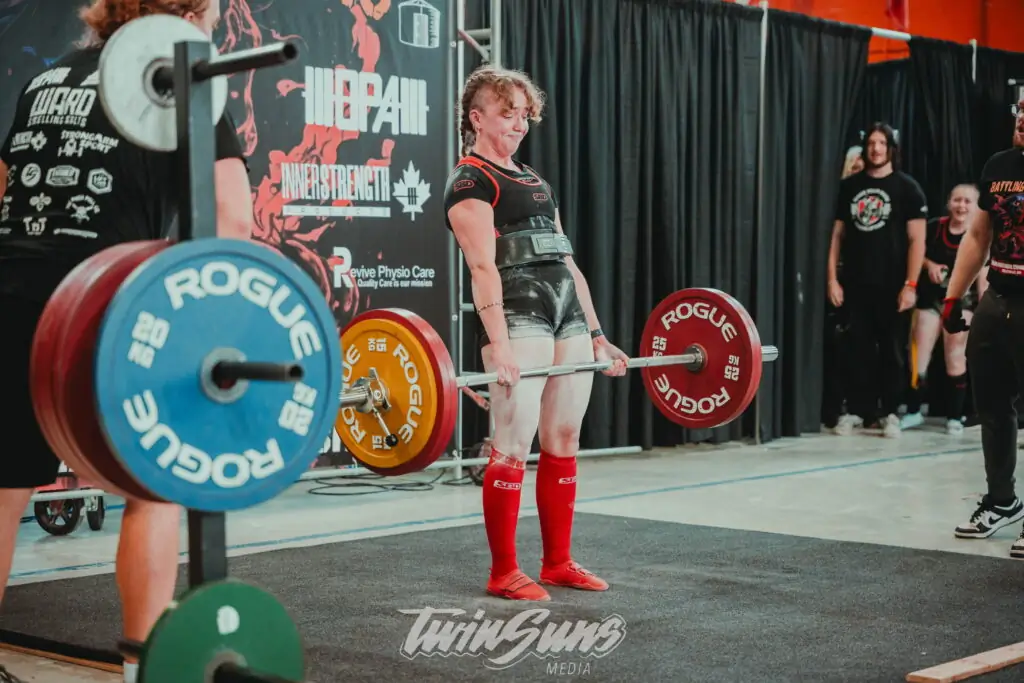
When I started menstruating around seven years ago, I quickly developed extremely painful periods. My mom, my doctor, and friends around me suggested I go on birth control. Later, when I decided to become sexually active, my mom and doctor again suggested that I go on birth control.
However, both times I decided not to, and every day, I am grateful that I made and that I continue to make that decision. Sure, it could potentially make my periods a heck of a lot less painful and it would reduce the risks of becoming pregnant, but I will not ignore the risks of oral contraceptives

As an athlete, I choose not to take birth control
You may have seen the videos of people joking about using their birth control side-effects sheet as a blanket because of the sheer size of the list of risks.
Not only as an athlete, but also as an individual who highly values her health and overall well-being, the idea of taking on so many risks for what seems to me to be such low reward is incomprehensible.
I’m not saying I wouldn’t appreciate being relieved of the few days a month when my cramps are so intense that I’m nauseous and dizzy, but to me, the potential side effects of birth control are just not worth the risk.
As with much of women’s health, scientific research into the effects of oral contraceptives on athletes is not robust, but I’ve heard anecdotally from friends, coaches, and fellow athletes about their negative experiences with oral contraceptives and how their lives drastically improved once they decided to get off them.
For me, being on birth control isn’t worth it
To me, a pain-free period is not worth the risk of potential drastic mood changes, depression, hormonal imbalances, acne, heart attack, cancer, weight gain, abdominal pain, blood clots, and fatigue.
The impact of oral contraceptives on female athletes isn’t well understood, but it’s worth considering how they may impact performance and recovery.
On top of this, oral contraceptives can lower testosterone levels in women — a crucial hormone that helps to build muscle mass and that is already significantly lower in women than in men. There is also some evidence that some oral contraceptives reduce an athlete’s aerobic capacity.
Since I started training in powerlifting, I have always been extremely aware of everything that I put in my body, even more so now that I am also simultaneously training for my first triathlon.
When birth control was first introduced to me as a potential solution, I was on board at first. Why the drastic change of heart? Because I, like many others, was not made aware of the risks associated with it.

Do your research
In 2011, FasterSkier surveyed 123 female skiers and biathletes and found that “the majority of these women were never warned by their doctors that birth control could have an impact on their skiing careers — and in fact, in many cases, the opposite was true.”
As an athlete and as a woman, I believe that medical professionals have a duty to make patients aware of the risks of what they are prescribing, as well as any possible alternate solutions.
I have always found it frustrating that when looking for ways to manage my painful periods, the only solutions I’ve been presented with are birth control or opiate painkillers. You can trust that I’ll stick with my handy heat pack.
Believe it or not, I am not trying to dissuade other women, especially female athletes, from using oral contraceptives. If it is working for you, that’s amazing, and I’m happy that you’ve found a solution that works for you.
I’m just trying to make the point that there is still so much that is unknown about these forms of contraceptives — not only their repercussions for female athletes, but for all women.
It is crucial to always do your own research before making a final decision. After all, what are you without your personal health and well-being?





